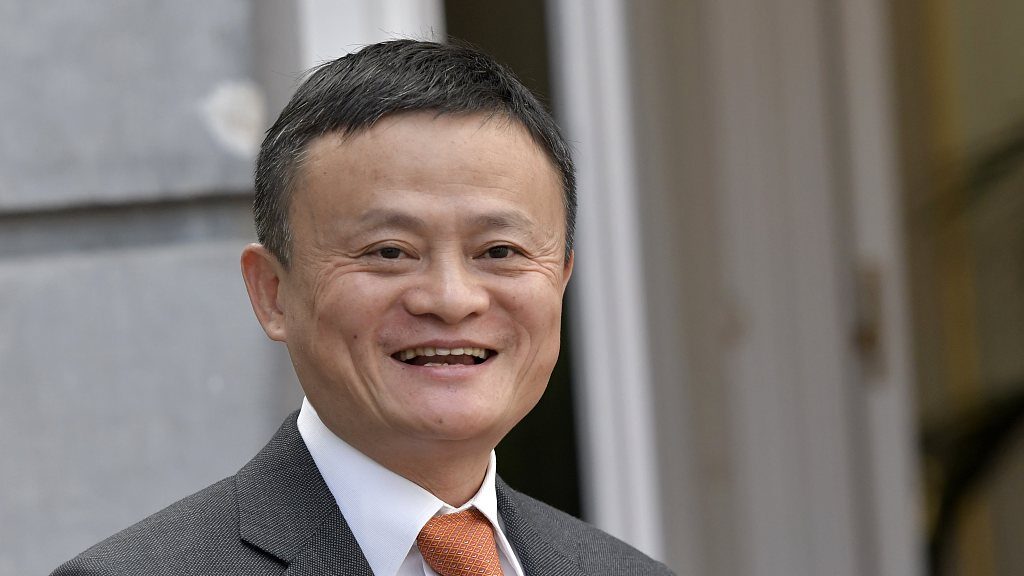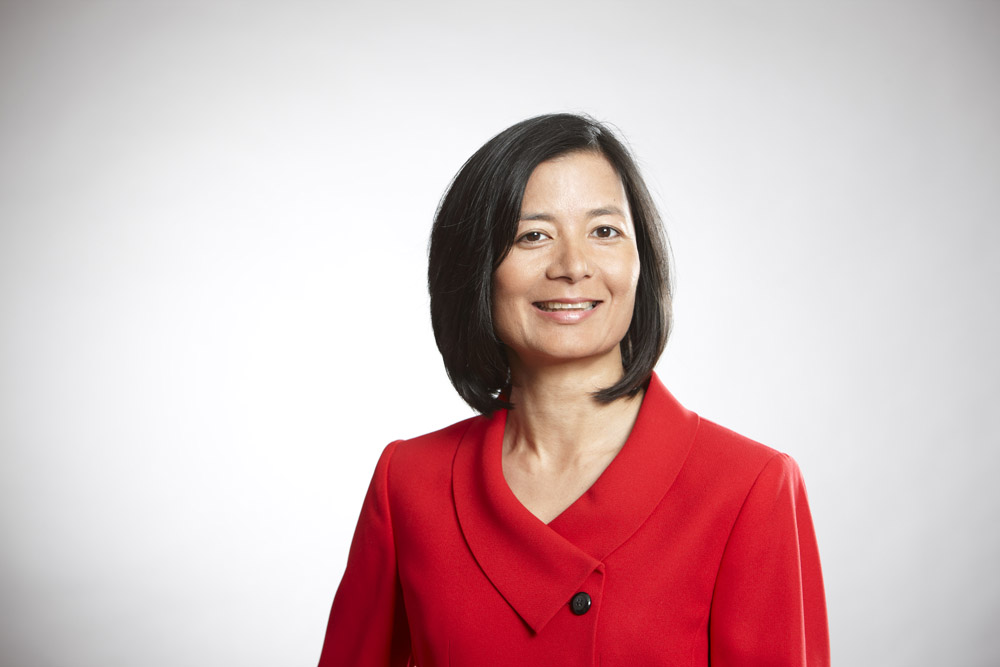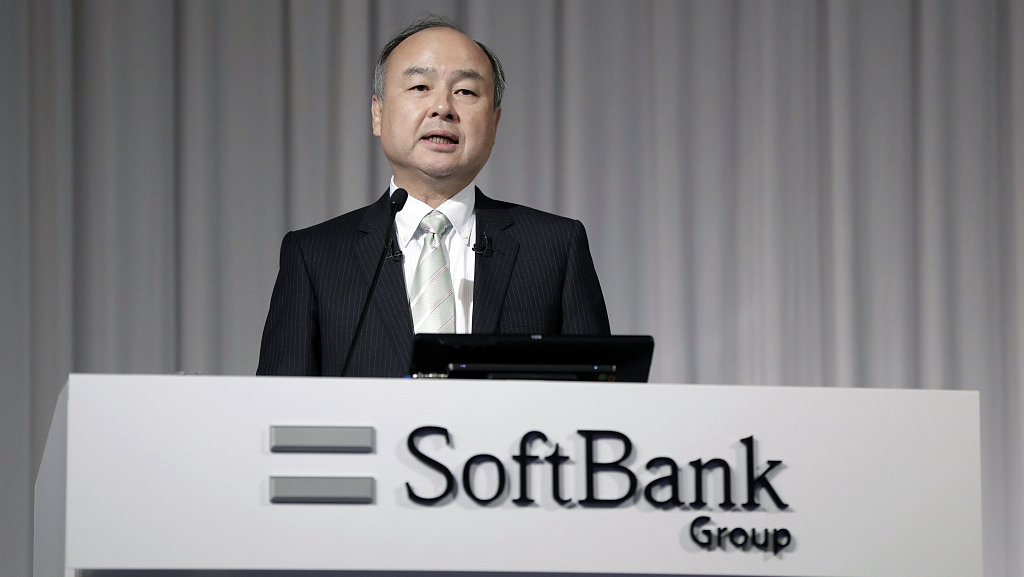No doubt, Africa’s economy is fast growing, and it has attracted significant attention from global investors who recognize the continent’s vast potential. While local investment continues to grow, several major non-African backers have consistently doubled down on their commitments.
They view Africa not just as a market of opportunity but as a crucial part of the global economic future. These investors bring capital, strategic vision, technological expertise, and long-term commitment to the continent’s development.
The Bill & Melinda Gates Foundation: Catalyzing Development Through Strategic Philanthropy

The Bill & Melinda Gates Foundation stands out as one of Africa’s most committed non-African backers, with investments that blend philanthropy with strategic economic development. In 2022, Bill Gates announced a $7 billion commitment to African countries, focusing on healthcare, agriculture, and digital transformation initiatives.
What makes the Gates Foundation unique is its approach to investment, which is addressing fundamental development challenges while creating sustainable economic ecosystems. Their recent $30 million investment in an AI platform in Africa exemplifies this strategy, providing African scientists and innovators with essential tools to develop local solutions. The foundation has spent nearly $6 billion on agricultural development programs as of 2022, primarily focused on transforming African food systems.
“There’s less money going to Africa at a time when they need it,” Gates noted in an interview, highlighting his commitment to filling crucial funding gaps whether for debt relief, vaccinations, or reducing malnutrition.
In 2025, Gates joined forces with Jeff Bezos in a remarkable $537 million investment in Africa’s mining sector, targeting rare metals essential for renewable energy technologies. This demonstrates that their commitment extends beyond traditional development aid to strategic economic partnerships.
Jack Ma and the Africa Netpreneur Prize: Fostering Entrepreneurial Ecosystems

Since establishing the Africa Netpreneur Prize in 2017, Jack Ma has consistently increased his involvement in Africa’s entrepreneurial landscape. The former Alibaba chairman launched a $10 million investment fund for African startups, creating what he calls a “new ecosystem of business for young African entrepreneurs.”
Ma’s approach differs from many investors by focusing explicitly on entrepreneurial capacity-building rather than just providing capital. Through the Alibaba eFounders initiative, he has committed to identifying and supporting 100 African entrepreneurs who can drive digital transformation across the continent.
“Africa is the place to be. Africa doesn’t lack talents, it lacks support. When you invest in an entrepreneur, you’re investing in the future.” Ma declared during his visits to the continent.
What makes Ma’s investment strategy noteworthy is his emphasis on knowledge transfer alongside capital. The Jack Ma Foundation has created platforms where African entrepreneurs can learn from China’s digital economy experience while adapting solutions to local contexts. This approach has helped foster businesses that address specifically African challenges while connecting them to global markets.
Jeff Bezos: From Climate Initiatives to Rare Metals

Amazon founder Jeff Bezos has significantly expanded his African investments in recent years, particularly through the Bezos Earth Fund and strategic mining ventures. The Bezos Earth Fund announced $22.8 million for locally-led restoration in Africa, focusing on carbon sequestration, biodiversity, and livelihood enhancement.
However, Bezos’s most significant move came in early 2025, when he partnered with Bill Gates to invest $537 million in KoBold Metals, a U.S. mining startup targeting rare metals in Africa. This investment represents a strategic bet on Africa’s role in the global transition to clean energy technologies.
Through Bezos Expeditions, his personal investment vehicle, Bezos has also made strategic investments in African fintech companies like Chipper Cash, contributing over $280 million to African startups. These investments reflect a recognition of Africa’s role not just in resource extraction but in technological innovation.
“The battle for critical minerals and rare earth metals is heating up globally, with Africa emerging as a key player in the race for resources essential to the industries of the future,” noted an industry observer regarding the Bezos-Gates mining investment.
Mastercard Foundation: Building Human Capital at Scale

The Mastercard Foundation, established by Mastercard in 2006, has evolved into one of the largest and most influential investors in Africa’s human capital development. With 2024 assets of $47 billion, it ranks among the wealthiest charitable foundations globally and has made Africa the centerpiece of its strategy.
The foundation’s ambitious “Young Africa Works” initiative aims to enable 30 million young people across Africa to access dignified and fulfilling work by 2030, with particular focus on young women, refugees, and displaced youth. Currently operating in 31 African countries with more than 400 partners, the Mastercard Foundation has established a comprehensive presence across the continent.
What distinguishes the Mastercard Foundation is its holistic approach to economic development, addressing education, financial inclusion, and entrepreneurship simultaneously. The Mastercard Foundation Scholars Program is developing Africa’s next generation of leaders, using education as a catalyst for broader social and economic change.
Most recently, the foundation launched the Africa Growth Fund with $150 million to empower African-led investment funds, focusing on gender-inclusive investment strategies that can reshape the continent’s economic growth with equity. This approach recognizes that lasting change requires strengthening local financial ecosystems, not just providing external capital.
SoftBank: Entering African Markets with Strategic Vision

While SoftBank entered the African market later than some investors, CEO Masayoshi Son’s company has begun making strategic investments that signal a long-term commitment to the continent. SoftBank’s Vision Fund 2 led a $400 million investment in African fintech, and the company has expanded its solar energy investments to Africa.
SoftBank’s approach to African investment focuses on sectors where the continent can leapfrog traditional development stages. During a meeting with Rwandan President Paul Kagame, Son discussed how advanced technologies could address Africa’s specific challenges, particularly in renewable energy and digital services.
In 2021, SoftBank invested in OPay, a mobile payment startup in Africa founded by Chinese entrepreneur Zhou Yahui, demonstrating its recognition of the continent’s fintech potential. This investment aligns with Son’s global strategy of backing innovative companies that can transform traditional industries through technology.
What makes SoftBank’s approach noteworthy is its willingness to make large, concentrated bets on African companies that have proven business models and potential for regional expansion, rather than spreading smaller investments across many startups.
Why These Investors Keep Doubling Down on Africa
These five major non-African investors continue increasing their stakes in Africa for several compelling reasons:
Demographic Dividend
Africa’s young, growing population, projected to reach 2.5 billion by 2050 represents both an enormous market and a vital workforce in an aging global economy. The Mastercard Foundation’s focus on youth employment directly addresses this opportunity.
Digital Transformation Potential
With relatively low legacy infrastructure, Africa has demonstrated remarkable capacity for technological leapfrogging, particularly in mobile finance and digital services. Jack Ma’s investments in digital entrepreneurs tap into this potential.
Critical Resources for the Green Economy
As the global economy transitions to renewable energy, Africa’s deposits of rare earth minerals and metals become strategically crucial, explaining the Gates-Bezos investment in mining ventures.
Agricultural Transformation
With 60% of the world’s uncultivated arable land, Africa represents a critical frontier for sustainable food production, driving the Gates Foundation’s agricultural investments.
Financial Inclusion Opportunities
With large unbanked populations embracing mobile technology, Africa offers unique opportunities to develop inclusive financial systems, attracting investments from SoftBank and others in fintech platforms.
The Road Ahead: From Investment to Partnership
What distinguishes these five investors is their evolution from viewing Africa merely as a recipient of capital to seeing it as a strategic partner in addressing global challenges. Their approaches have moved beyond traditional investment models to encompass capacity building, knowledge transfer, and ecosystem development.
The future of non-African investment in Africa likely lies in these more comprehensive partnership models, where external capital combines with local expertise to create solutions that are both globally competitive and locally appropriate. As Africa continues its economic transformation, these five investors are helping to write a new chapter in the continent’s development story. One where African innovation, backed by global capital, addresses both local and global challenges.














